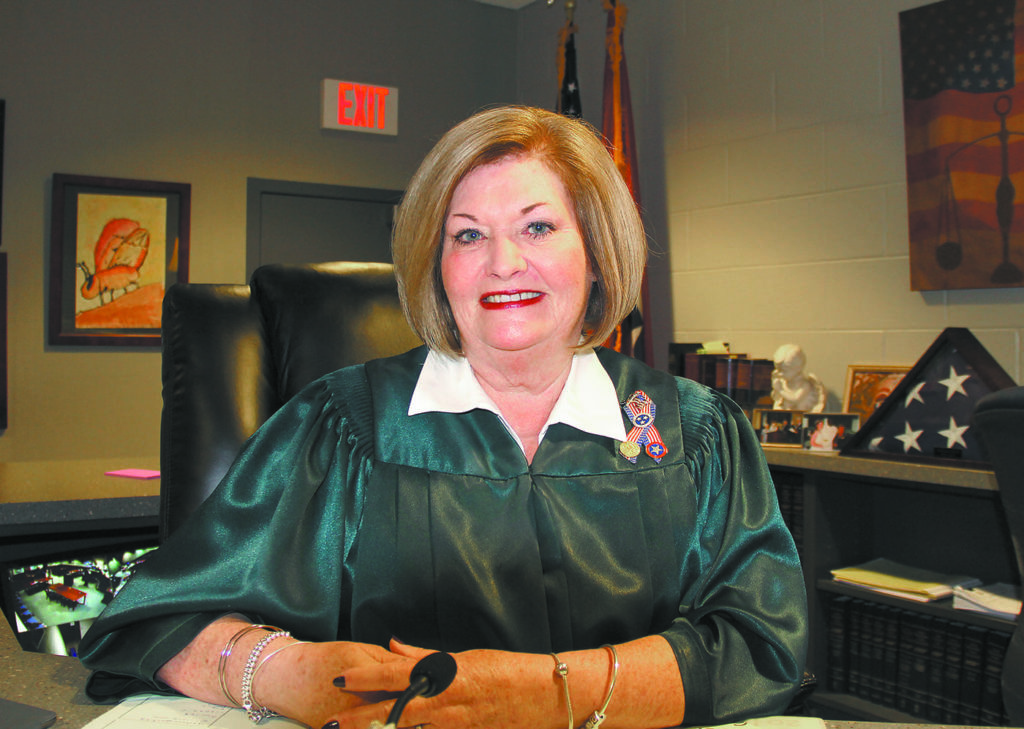By Robert Alan Glover
RUTHERFORD COUNTY, TN — Solitary confinement is not a card game. Just ask the family of a Murfreesboro teenager, who experienced solitary confinement and their attorneys, at the American Civil Liberties Union of Tennessee. The teens family brought a complaint against the Rutherford County Juvenile Detention Center in 2016, after their (then) 15-year-old son was placed in solitary confinement for five days with only a mattress and a toilet. The youth and the family’s, names cannot be used due to his age and the on-going litigation.
Last month, Judge Donna Scott Davenport of the Rutherford County Juvenile Court, issued a preliminary ruling barring the facility from using solitary confinement to punish juvenile offenders. ACLU Legal Director Thomas J. Castelli told the Tennessee TRIBUNE, “Our main argument was how they punish juveniles. We filed a class action to stop the practice while we have our case heard. This is an ordeal that may take another year, along with hearing their side of things.”
Citing the 8th Amendment of our Constitution – a ‘person’ in Washington, D.C. uses his own, which prohibits ‘cruel and unusual punishment.’ The A.C.L.U. has successfully blocked the practice while their class action suit proceeds. “Among other things, we retained an expert in Child and Clinical Psychology, Dr. Thomas Schacht, to testify about the effects of such punishment on a young person,” Mr. Castelli stated. Dr. Schact is a professor emeritus in the James H. Quillen College of Medicine at eastern Tennessee State University. ACLU cooperating attorney Mark J. Downton, of Downton-Clark, P.L.L.C. said, “Studies have shown that being locked in a concrete cell alone for 23 hours a day can create lasting damage to a young person’s social and physical development.”
The youth was denied – for the first two days – any books, magazines, music, educational and recreational materials. Castelli also noted that while the ACLU “filed on his behalf, he also stands for other incarcerated juveniles, in which they’re working on identifying.
It’s apparent that the Rutherford County case is not an isolated one. “There’s a trend across the world to put a stop to this practice),” says Castelli. “More and more courts are ruling against it, including – in the U.S.- Syracuse and New York.”
Members of the Rutherford County NAACP chapter unanimously praised the judge’s ruling. Pastor David Settles, leader of The Living Word Worship Center and Pastor Goldy Wade of Walnut Grove Missionary Baptist Church, co-chair the Legal Redress Committee. Both men assisted multiple local families in getting legal help from the ACLU in the infamous handcuffing incident at Hopgood Elementary School.
Settles said he was very pleased with the decision and that they are no longer allowed to do this because it was simply making a pathway for our young people to be institutionalized.
Rutherford County NAACP President Katie Watkins said she agrees with the ACLU’s viewpoint. “As Mr. Castelli said, we need to stop this terrible practice and focus on rehabilitating rather than institutionalizing our young people so that they can become productive members of society,” Watkins said. She concluded by saying, “The ACLU did all the work here. All the credit belongs to them.” The preliminary injunction, court memo, and initial ACLU complaint, can be found on the agency’s ACLU Tennessee Facebook page.


